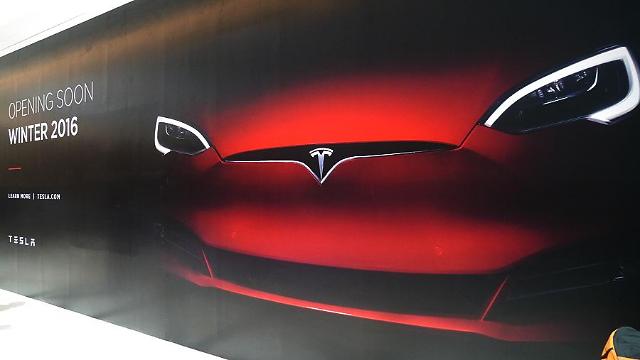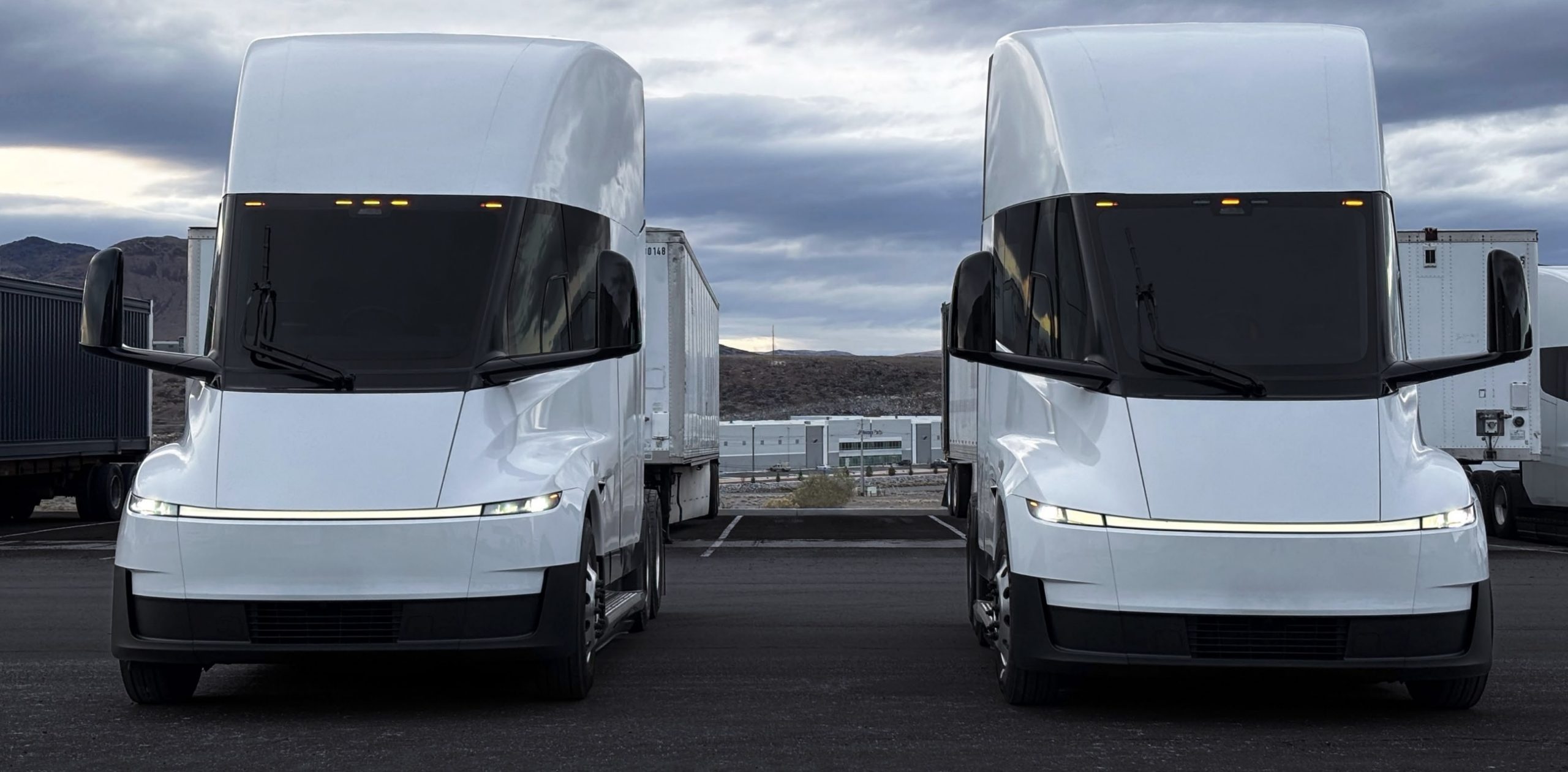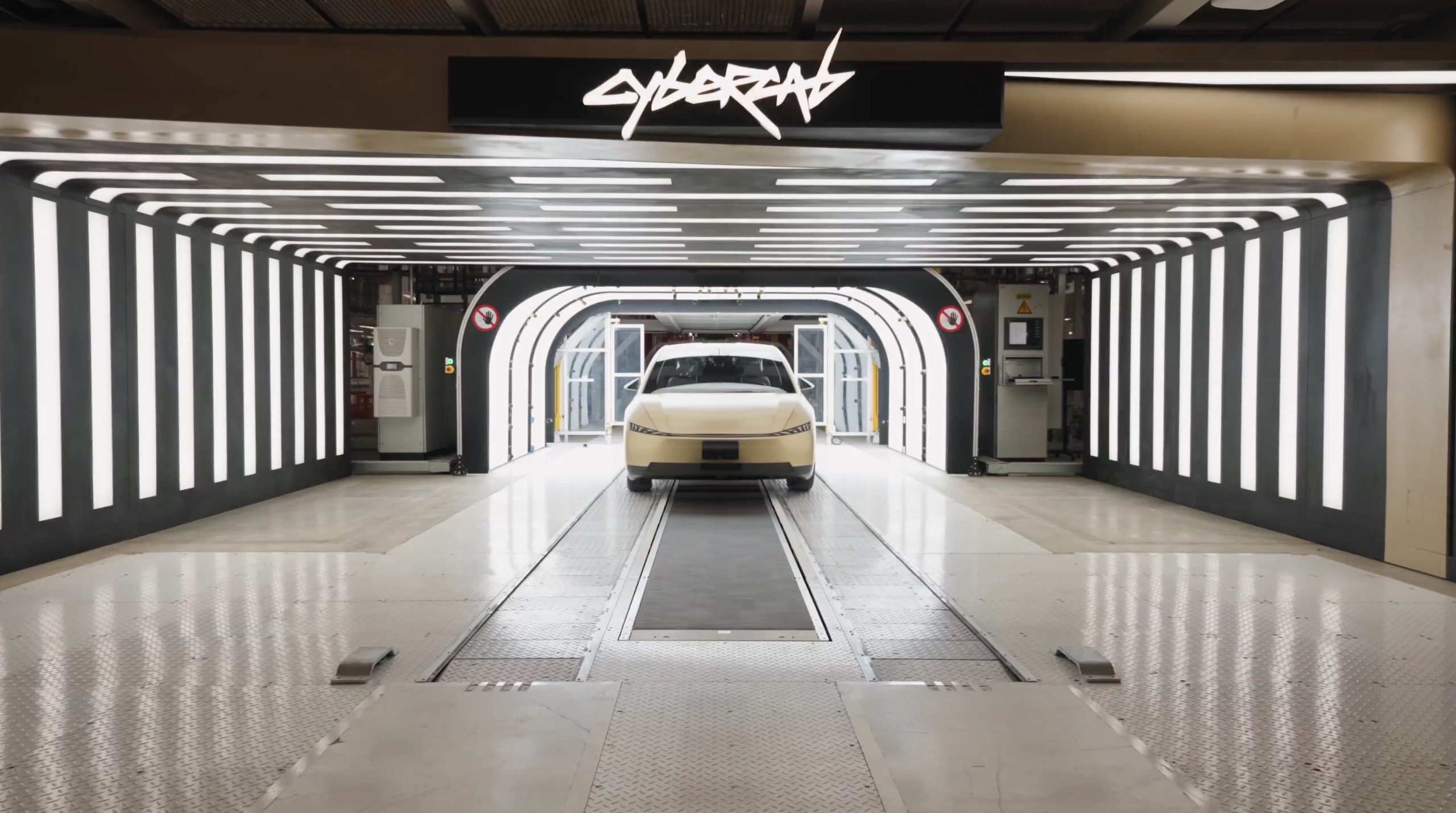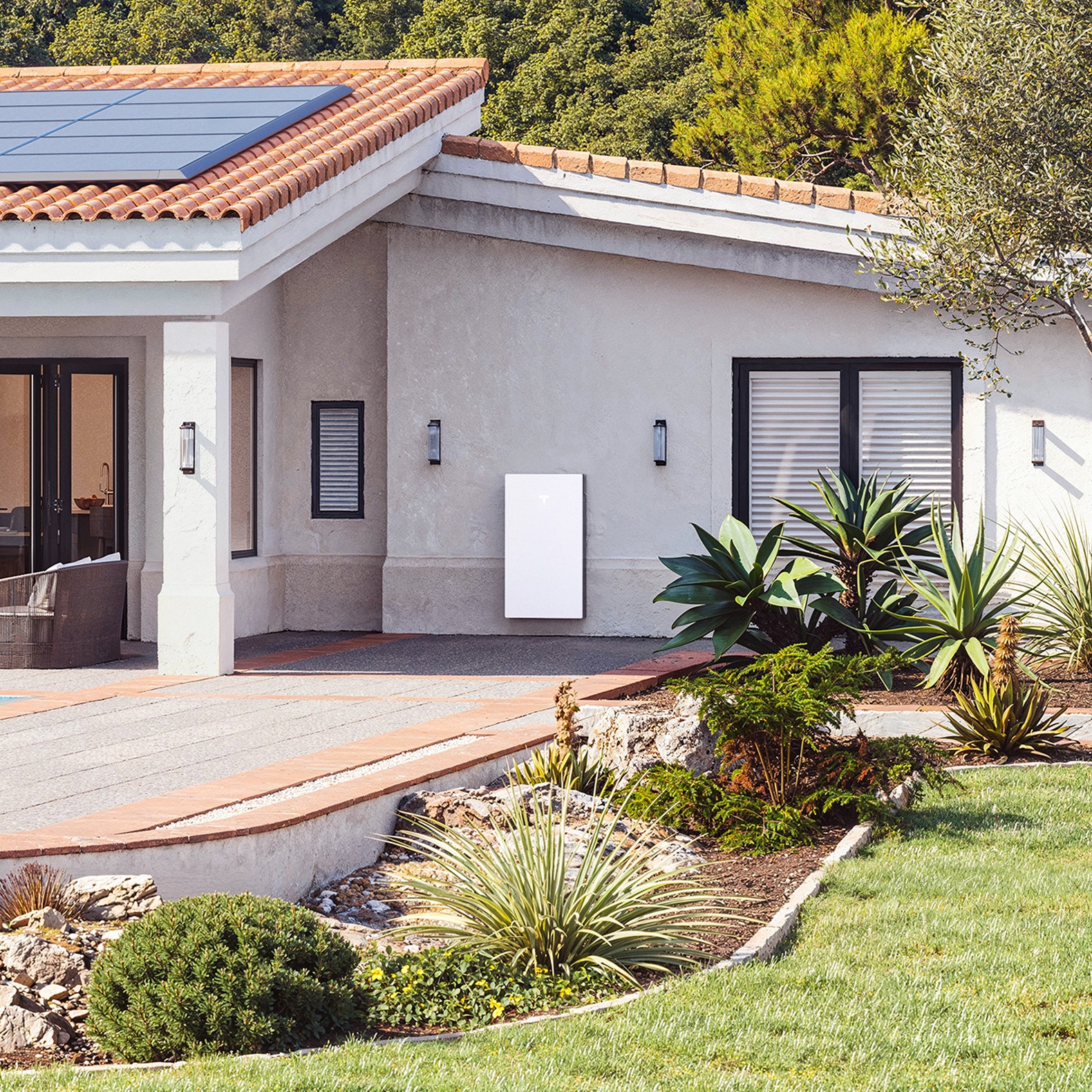News
Tesla could benefit as South Korea pushes to update EV incentives

South Korea is the world’s 11th largest car market according to IHS Automotive but 5th in sales of luxury cars like the Mercedes S Class and BMW 7 Series. That means it could be an important market for Tesla’s Model S and Model X. The country ranks in the top six in terms of the number of reservations for the upcoming Tesla Model 3 midsize sedan.
South Korea offers buyers of electric cars a subsidy equivalent to 22 million won or approximately $18,000 dollars but the incentive only applies to cars that can be recharged in 10 hours or less using 220 volt household current.The rule was enacted in 2012 and was intended to encourage manufacturers to limit the charging time required for electric cars. But electric cars today have much larger batteries than they did then. Those larger batteries may take more than 10 hours to recharge on household current, making them ineligible for the subsidy.
Minister of Environment Cho Kyeung-kyu says it may be time for his country to revisit that rule. A ministry official tells Reuters that a government appointed panel will submit recommendations “by June, but it could be much earlier. We haven’t decided whether to keep the rule alive, or kill it, or come up with complementary rules.”
Last month, opposition lawmaker Lee Sang-don called the rule an “unreasonable non-tariff barrier” that discourages drivers from considering long range EVs. “The rule is meaningless,” Kim Pil-soo, president of the Korean Electric Vehicle Association, told Reuters. “We have kept telling the government they should remove it.” In October, Tesla Vice President of North Asia and SEA Nicolas Villeger said the company is working with the government to change a “unique rule” that does not reflect advances in battery technology.
Tesla is about to open its first showroom in the upscale Starfield shopping district east of Seoul. In fact, it was supposed to be open before the end of 2016, but a sign in the window saying “Opening Soon” was still in the window as of last week. A delay in obtaining the permits required to begin sales has pushed the opening to early next year, a person familiar with the matter told Reuters.
Tesla has been accepting orders from Korean customers since August for its Model S and Model X as well as reservations for the Model 3. With the present rule in place, a car that the company expects to sell strongly in the South Korean luxury car market — the Model S 90D — will not be eligible for the electric car incentive because its battery is too large to recharge in less than 10 hours on household current.
Chinese automaker BYD also intends to offer its long range electric car, the e6, for sale in Korea but has delayed starting sales until the incentive rule is amended. The e6 also will require more than 10 hours to fully recharge on household current.
Sales of electric cars in South Korea have been weak so far. To date, there are only about 4,000 EVs registered in the entire country despite the generous subsidy. South Korea has been proactive when it comes to building charging infrastructure. There are 750 fast chargers available to Korean EV drivers at present and the government plans to increase that number to 3,000 by 2020. Tesla is also planning to construct Supercharger locations in Seoul, Busan and Pyeongchang.

Elon Musk
Elon Musk estimates Tesla Semi could reach Europe next year
“We’ve got the Tesla Semi coming out, the heavy truck, and that’ll be going to Europe hopefully next year,” Musk said.

Tesla is preparing to expand its all-electric Semi truck program to Europe, with CEO Elon Musk indicating that the Class 8 vehicle could arrive in the region 2027.
Musk shared his update during an interview about Giga Berlin with plant manager André Thierig, which was posted on X by the official Tesla Manufacturing account.
“We’ve got the Tesla Semi coming out, the heavy truck, and that’ll be going to Europe hopefully next year,” he said.
Tesla has already begun limited production and customer deployments of the Tesla Semi in the United States, with the company working to scale output through the Semi factory near Giga Nevada. Considering Musk’s comments, it appears that a European rollout would be the next phase of the vehicle’s expansion beyond North America.
Musk’s use of the word “hopefully” leaves room for flexibility, but the remark signals that Europe is next in Tesla’s commercial expansion plans.
Musk has consistently argued that electrification should extend beyond passenger vehicles. During the same interview, he reiterated his view that “all ground transport should be electric,” adding that ships, and eventually aircraft, would follow.
The Semi plays a central role in that strategy. Heavy-duty freight remains one of the most emissions-intensive segments of road transport, and European regulators have increasingly pushed for lower-emission commercial fleets.
Tesla recently refreshed the Semi lineup on its official website, listing two variants: Standard and Long Range. The Standard trim offers up to 325 miles of range with an energy consumption rating of 1.7 kWh per mile, while the Long Range version provides up to 500 miles, which should be more than ample for European routes.
Elon Musk
Tesla Cybercab coming next to Giga Berlin, Optimus possibly after
“From a next major product standpoint, I think most likely is the Tesla Cybercab,” Musk said.

Tesla could add the Cybercab and Optimus humanoid robot to the production lineup at Giga Berlin, as per recent comments from CEO Elon Musk.
During a recent interview with Giga Berlin plant manager André Thierig, Musk identified the Cybercab as the most likely next major product for the German factory, with Optimus potentially following after.
“From a next major product standpoint, I think most likely is the Tesla Cybercab,” Musk said. He added that there are also “possibilities of Tesla Optimus” being produced in the facility.
Tesla has already begun production of the Cybercab in Giga Texas, with volume production expected to ramp this year. Based on Musk’s comments, it appears that if conditions align in Europe, Giga Berlin could eventually join that effort.
The CEO’s comments about Optimus coming to Gigafactory Berlin are quite unsurprising too considering that Musk has mentioned in the past that the humanoid robot will likely be Tesla’s highest volume product in the long run.
Giga Berlin will likely be able to produce mass volumes of Optimus, as the Model S and Model X lines being converted to an Optimus line in the Fremont Factory are already expected to produce 1 million units of the humanoid robot annually.
Apart from his comments about the Cybercab and Optimus, Elon Musk also confirmed that Giga Berlin has started ramping battery cell production and will continue expanding Model Y output, particularly as supervised Full Self-Driving (FSD) gains regulatory approvals in Europe.
Taken together, the remarks suggest Berlin’s role could evolve beyond vehicle assembly into a broader multi-product manufacturing hub, not just a regional Model Y plant.
Energy
Tesla Powerwall distribution expands in Australia
Inventory is expected to arrive in late February and official sales are expected to start mid-March 2026.

Supply Partners Group has secured a distribution agreement for the Tesla Powerwall in Australia, with inventory expected to arrive in late February and official sales beginning in mid-March 2026.
Under the new agreement, Supply Partners will distribute Tesla Powerwall units and related accessories across its national footprint, as noted in an ecogeneration report. The company said the addition strengthens its position as a distributor focused on premium, established brands.
“We are proud to officially welcome Tesla Powerwall into the Supply Partners portfolio,” Lliam Ricketts, Co-Founder and Director of Innovation at Supply Partners Group, stated.
“Tesla sets a high bar, and we’ve worked hard to earn the opportunity to represent a brand that customers actively ask for. This partnership reflects the strength of our logistics, technical services and customer experience, and it’s a win for installers who want premium options they can trust.”
Supply Partners noted that initial Tesla Powerwall stock will be warehoused locally before full commercial rollout in March. The distributor stated that the timing aligns with renewed growth momentum for the Powerwall, supported by competitive installer pricing, consumer rebates, and continued product and software updates.
“Powerwall is already a category-defining product, and what’s ahead makes it even more compelling,” Ricketts stated. “As pricing sharpens and capability expands, we see a clear runway for installers to confidently spec Powerwall for premium residential installs, backed by Supply Partners’ national distribution footprint and service model.”
Supply Partners noted that a joint go-to-market launch is planned, including Tesla-led training for its sales and technical teams to support installers during the home battery system’s domestic rollout.








